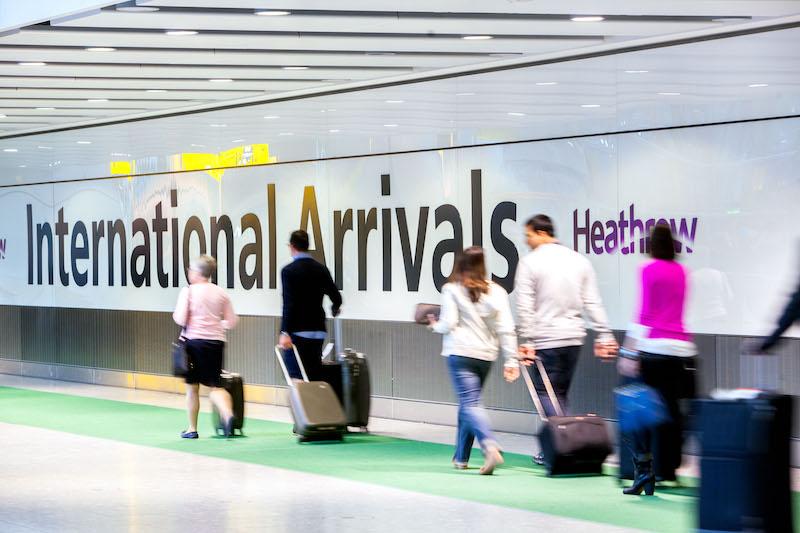
Credit: Heathrow Airport Limited
London Heathrow Airport’s (LHR) largest shareholder is selling its entire 25% stake to two investors for £2.4 billion ($3 billion). Spanish infrastructure specialist Ferrovial confirmed Nov. 29 that French private equity house Ardian had agreed to buy 15% of FGP Topco, Heathrow’s parent company...
Subscription Required
Ferrovial Sells London Heathrow Airport Stake To Ardian, Saudi Fund is published in Aviation Daily, an Aviation Week Intelligence Network (AWIN) Market Briefing and is included with your AWIN membership.
Already a member of AWIN or subscribe to Aviation Daily through your company? Login with your existing email and password
Not a member? Learn how to access the market intelligence and data you need to stay abreast of what's happening in the air transport community.





